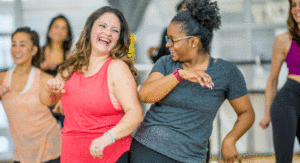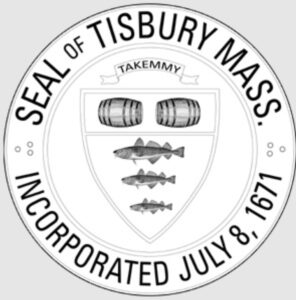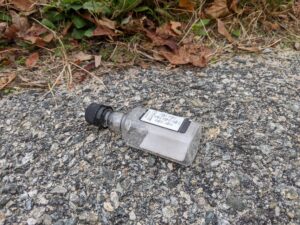 HYANNIS – Study after study shows that moderate exercise has multiple health benefits – but how much is “moderate”?
HYANNIS – Study after study shows that moderate exercise has multiple health benefits – but how much is “moderate”?
A moderate amount is easy to quantify, according to Jinx O’Loughlin, a physical therapist with Cape Cod Healthcare’s outpatient rehab facility in Orleans and a certified exercise expert for the aging adult.
“You should exercise about 30 minutes a day for at least five days a week,” she said.
Measuring the intensity of exercise can be a bit trickier. The most precise way, she said, is by monitoring your heart rate, aiming for 50 to 60 percent of your maximum heart rate.
To calculate your maximum heart rate, subtract your age from 220. So, for someone who’s 60, the maximum heart rate is 160, and 50 to 60 percent of that would be a pulse rate of 80 to 96 beats per minute.
Some wearable fitness trackers can monitor your pulse rate, or you can do it yourself by counting your pulse for 30 seconds and doubling the number. Check your pulse by placing your index and middle fingers on the side of your windpipe (under the jawbone) or on your wrist just under the base of your thumb.
Medications can affect some people’s heart rates, O’Loughlin said. It’s always a good idea to check with your doctor before starting an exercise program, especially if you’re taking any cardiac medications, she said.
If You Can Sing
If you don’t like using math or gadgets to get a precise measure of your pulse rate, there’s a no-muss, no-fuss option that will let you know if your exercise intensity is in the moderate zone.
“You want exercise that increases your pulse rate but still allows you to have a comfortable conversation,” she said. “If you can have a conversation, you’re doing OK. If you push it a little bit and you’re having trouble completing sentences, then it’s too much. If you can sing, you’re not working hard enough.”
Some examples of moderate exercise, she said, are brisk walking, water aerobics, ballroom dancing or social dancing, tennis doubles and biking slower than 10 miles an hour.
You can easily hit the target zone right at home by gardening, mowing a lawn or doing some heavy cleaning, such as washing windows, vacuuming or mopping, a floor.
“As much as possible, you want to avoid sitting, to help improve your cardiovascular system,” she said.
The Benefits
With regular moderate exercise, you can expect to lower your risk of:
Heart disease
Stroke
Diabetes
High blood pressure
Dementia and Alzheimer’s.
“With all of those, the more active you are, the slower the onset,” O’Loughlin said.
Other benefits, according to O’Loughlin, include better:
Sleep
Cognition, which includes memory, attention and speed at which you process things
Weight control
Bone health
Balance and less risk of a fall.
That’s a lot of payoff for a moderate investment!






















